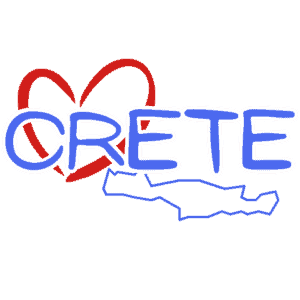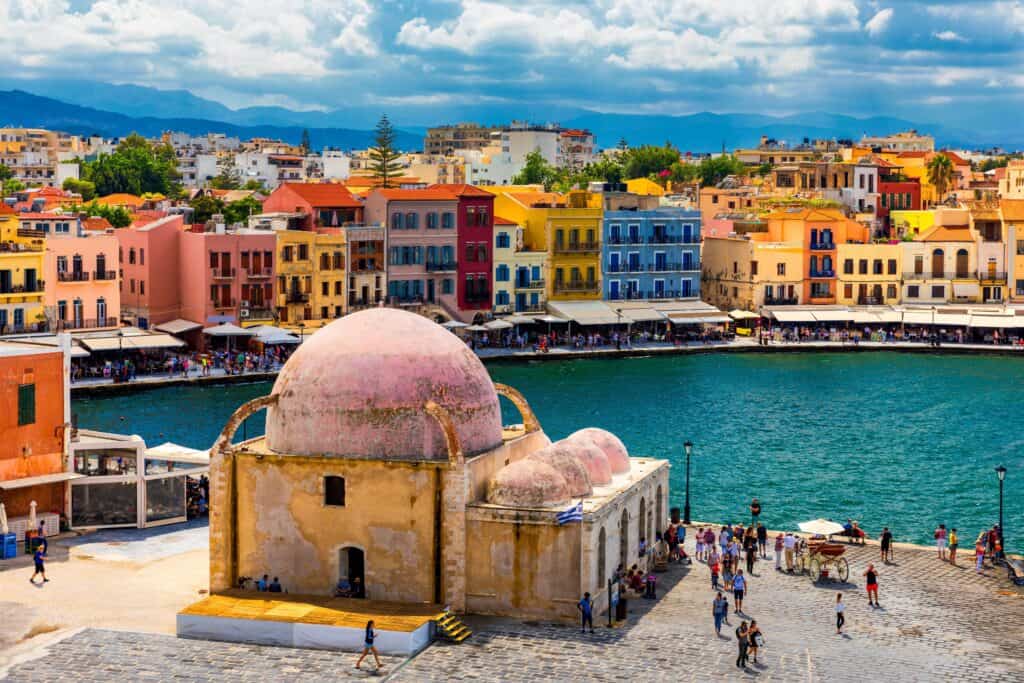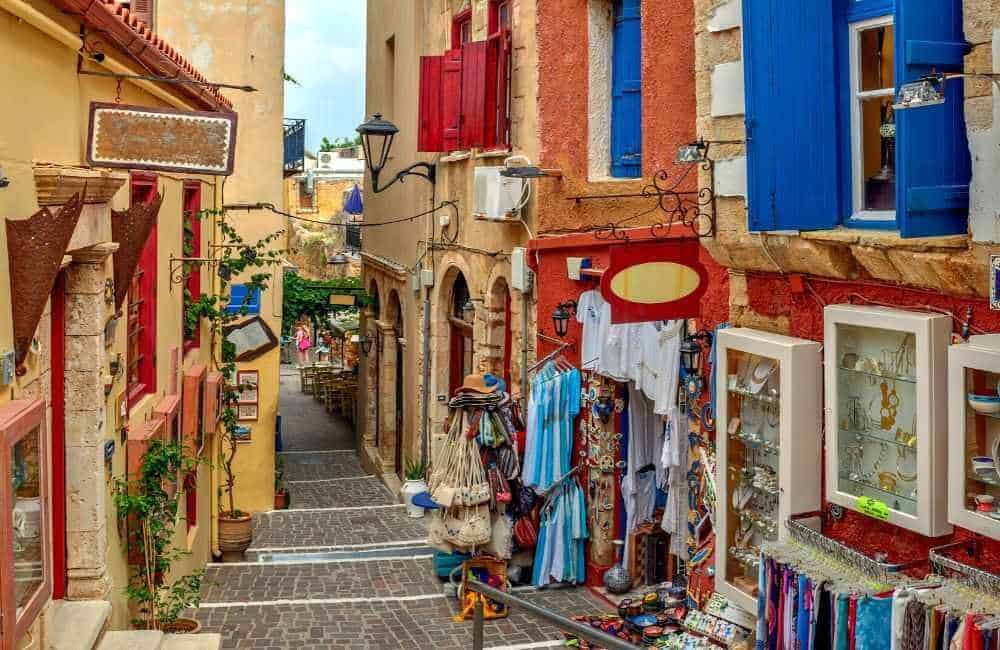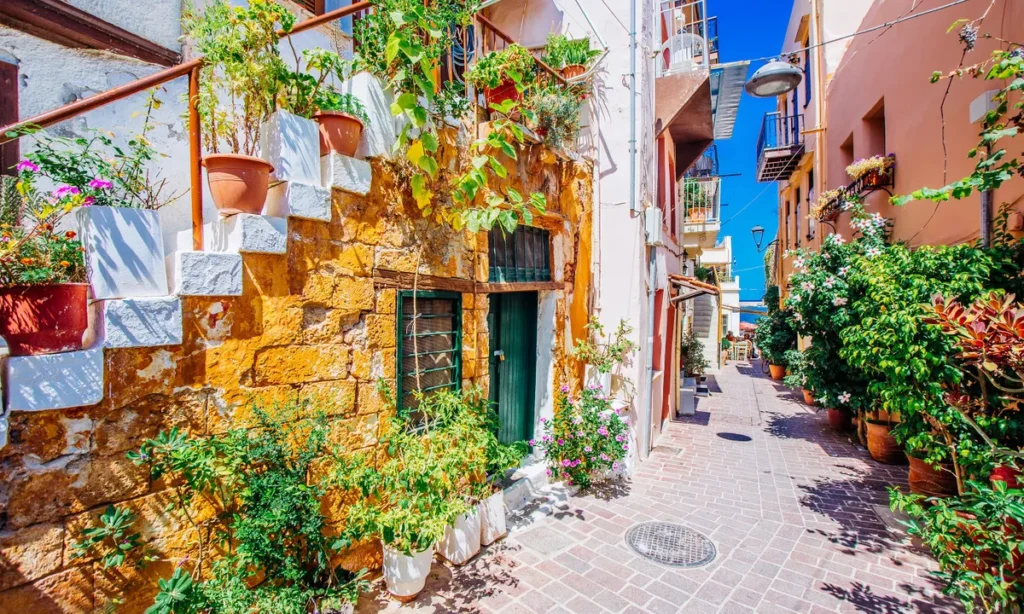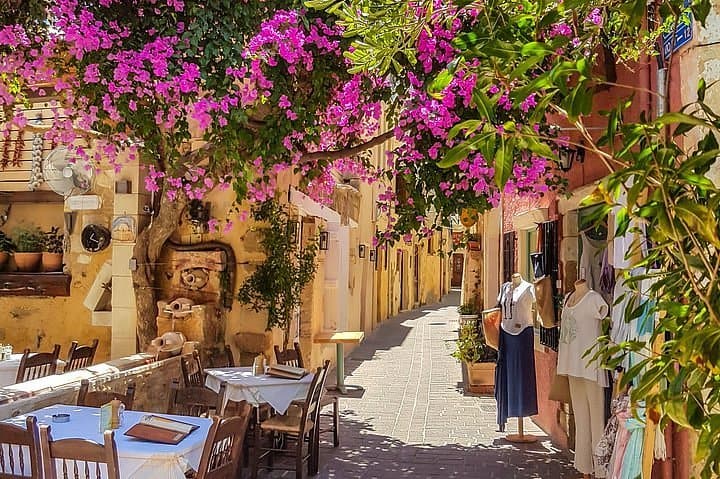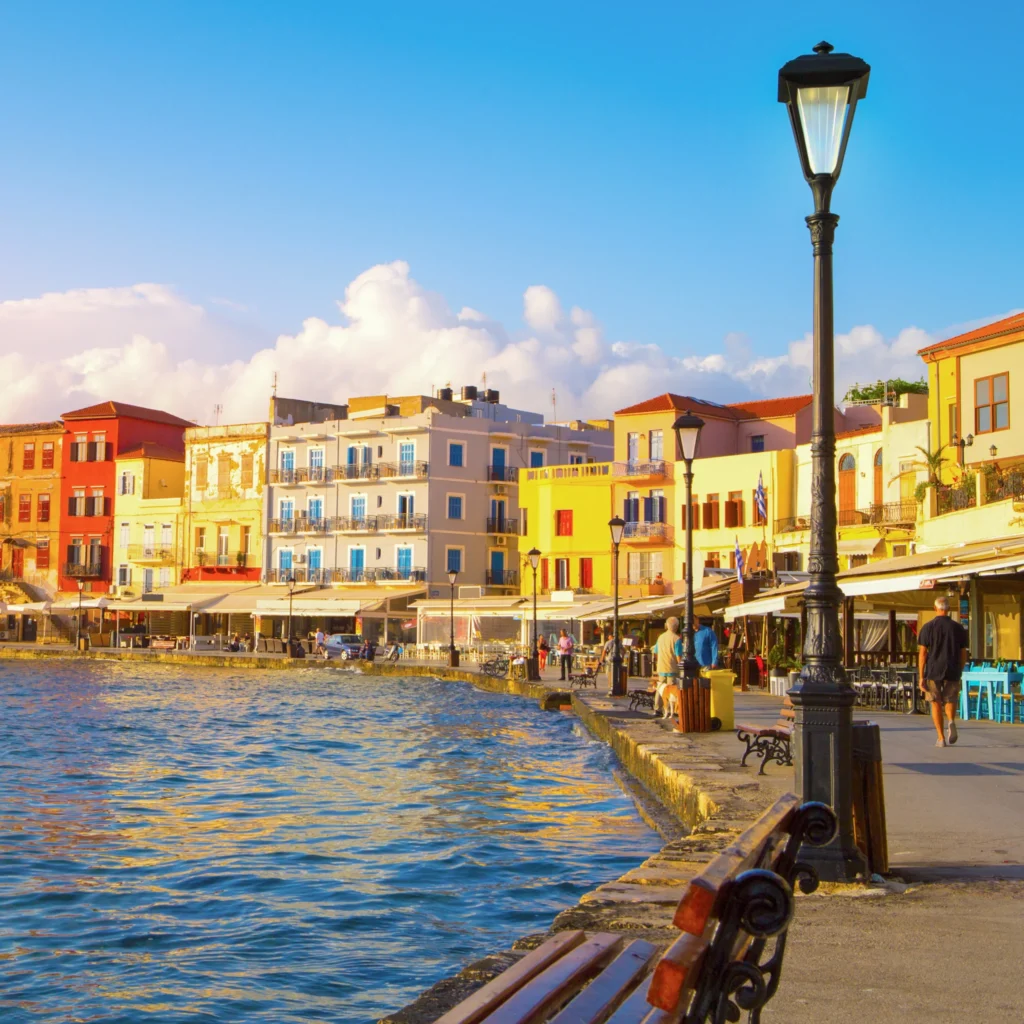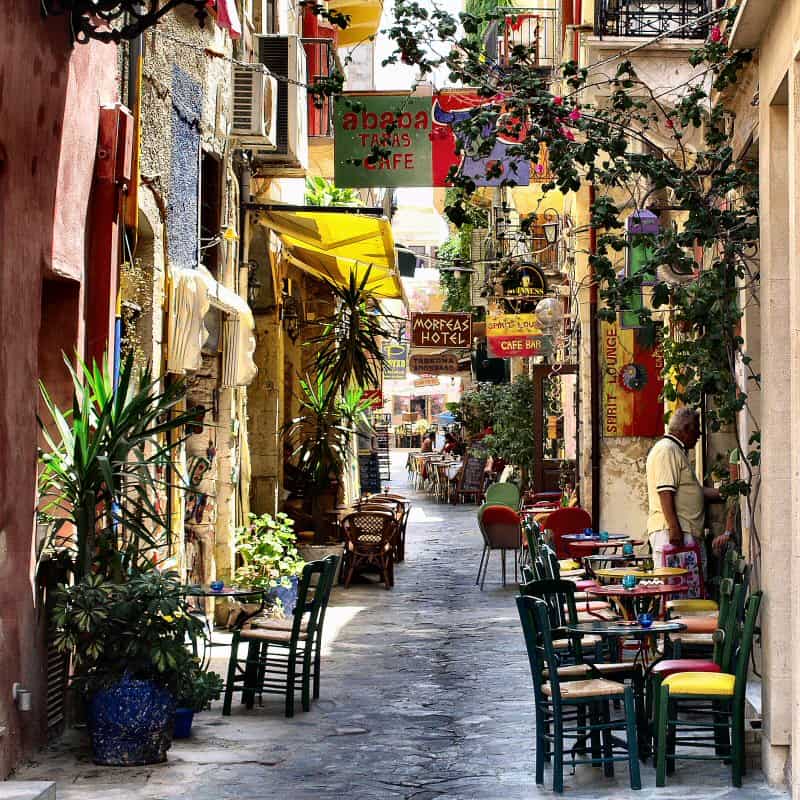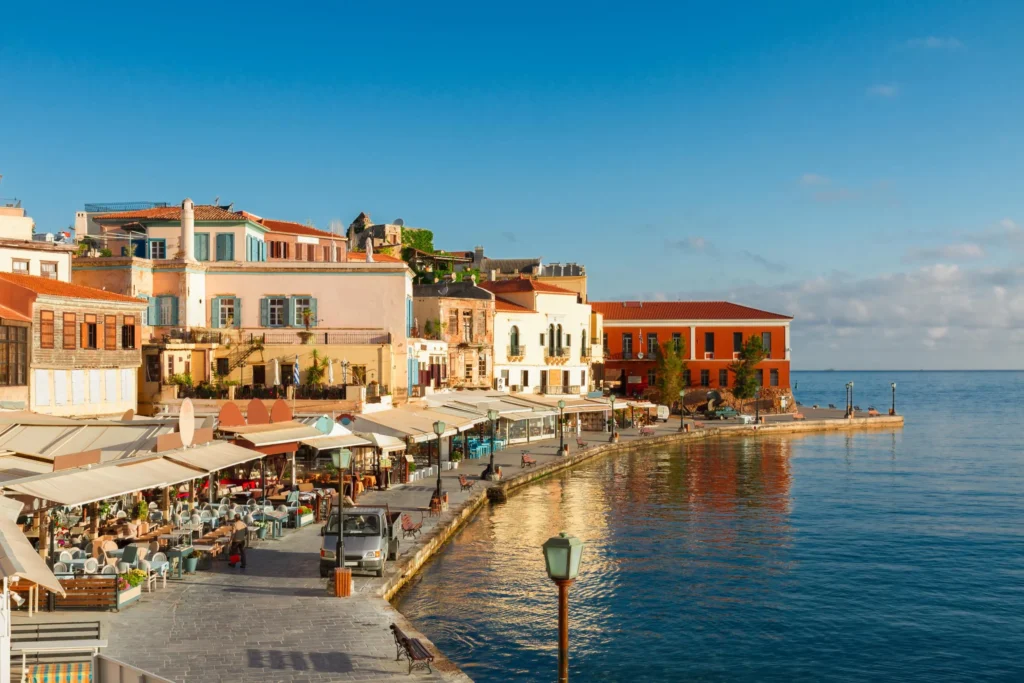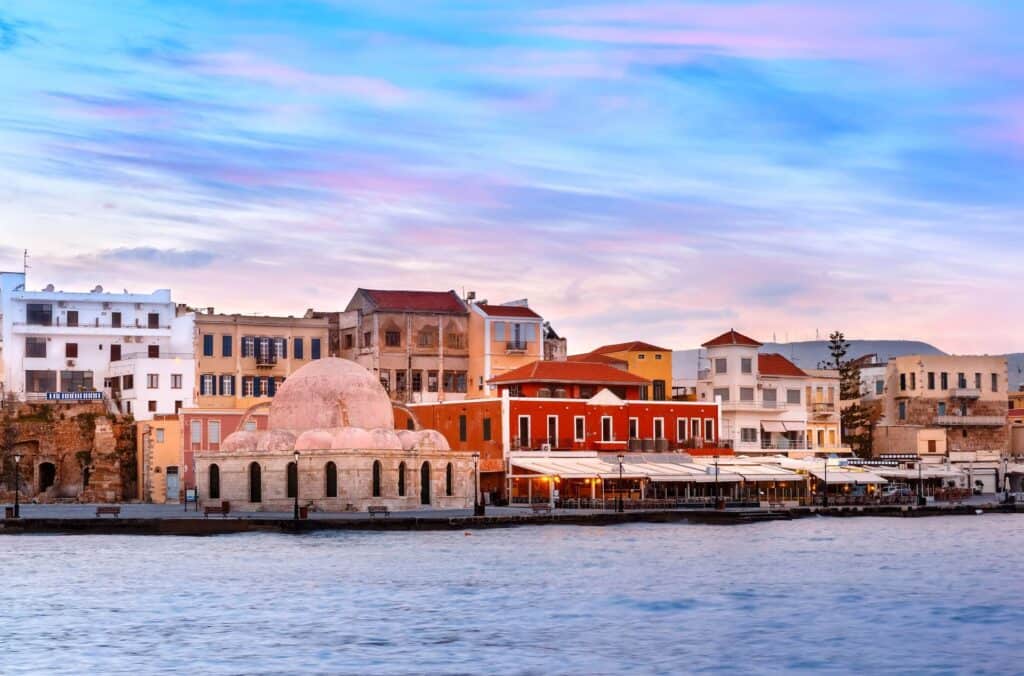Does Crete Have Volcanoes?
Unearthing Crete’s Geological Past
As we delve into the geological history of Crete, one question often arises: does Crete have volcanoes? This question might come as a surprise, given that some Greek islands like Santorini are known worldwide for their volcanic activity. In this article, we’ll explore the geological past of Crete, addressing the question of whether this Greek island has ever been home to volcanoes.
Just a heads-up: Some of the links you’ll see in our articles are affiliate links. This means that if you decide to click on one of these links and make a purchase, we may earn a small commission at no extra cost to you. We only recommend places, activities, and products that we truly believe in and think you’ll love.
A Geology Lesson: The Birth of Crete
Crete, like the rest of the Greek islands, owes its existence to the tectonic activity that has shaped the Mediterranean region for millions of years. The island of Crete was formed by the uplifting of the ocean floor between the Eurasian and African tectonic plates, which have been colliding for many millions of years. This process, known as tectonic uplift, pushed up the sea floor and created the landmass that would become Crete.
Does Crete Have Volcanoes?
In direct terms, the answer is no – Crete does not have any active or dormant volcanoes. Unlike some of its Aegean neighbors (like Santorini or Nisyros), Crete hasn’t been subjected to significant volcanic activity in its geological past.
The island lacks volcanic landforms, such as volcanic cones or calderas, and there is no recorded history or evidence of volcanic eruptions occurring on the island.
Volcanic Influence in Crete
While Crete itself doesn’t have any volcanoes, it has certainly been affected by volcanic activity in the region. The most notable example of this is the eruption of the volcano on the island of Santorini (also known as Thera) around 3,600 years ago.
This eruption was one of the largest volcanic events in recorded history, and its impact was felt across the Aegean Sea and beyond. The fallout from the eruption has been found in sedimentary layers in Crete, and some historians believe that the eruption may have played a role in the decline of the Minoan civilization, which was based in Crete.
Conclusion
While Crete itself does not host any volcanoes, its geological history and evolution have been influenced by tectonic activity and regional volcanic events. This has helped shape the island’s rich history, as well as its dramatic and diverse landscapes. Understanding the geology of Crete provides yet another layer of appreciation for this unique and enchanting Greek island.
